AI, Domains and Sustainable Growth: 2024 Holiday Reading List from Andrey Insarov, CEO of it.com Domains
- by Andrey Insarov
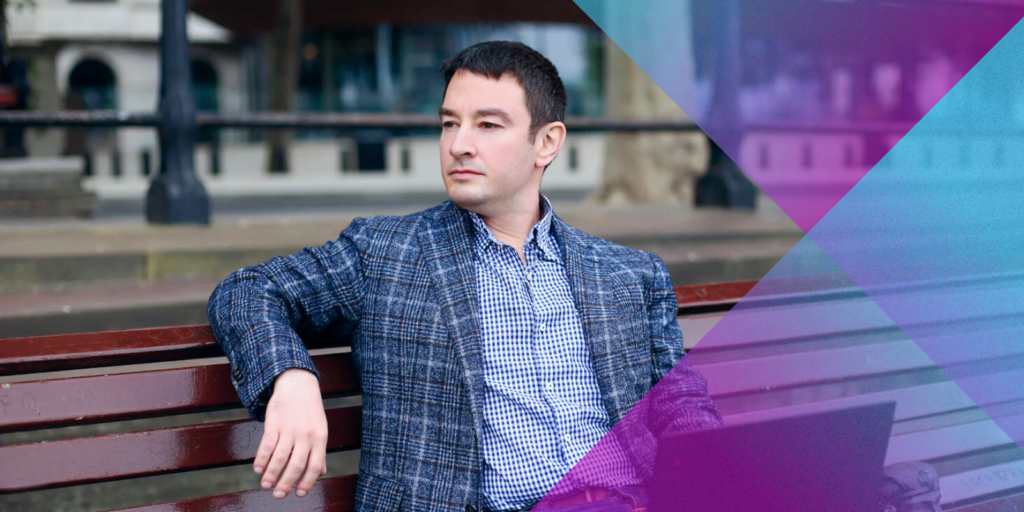
Table of contents
Hello everyone!
As the year draws to a close, I tend to reflect on the past 12 months in a rearview. Last year, I shared a list of books that shaped how I think about AI, creativity, and the big philosophical questions we all face in this tech-driven world - let’s see if you enjoy the sequel even more!
In 2024, AI wasn’t just part of the conversation anymore—it was the conversation. Over the past year, we’ve watched it evolve from a fascinating tool into something that’s reshaping our lives. From automating tasks to sparking debates about ethics, AI makes us rethink how we work, solve problems, and even play.
And while it’s exciting, it raises questions: How do we make sure AI works *for* us, not against us? How do we stay in control of this fast-moving wave of innovation? And what does all of this mean for the future we’re building?
But the world doesn’t end at AI. While fully immersed in an ever-changing domain industry, I’ve also found time to pursue my passions - from chess and extreme sports to new technologies.
So, this year, I’m diving into another set of books that have inspired me and given me a new perspective. They’re a mix of thought-provoking, practical, and just plain interesting reads, and I hope they will inspire and motivate you during the festive season and beyond!
Co-Intelligence by Ethan Mollick
Published in 2024, Co-Intelligence delves into the collaborative potential between humans and AI, exploring how co-intelligence can drive innovation. Ethan Mollick presents a hopeful perspective on how the two can collaborate to achieve outcomes neither could accomplish alone. Drawing on real-world examples, he examines how AI augments human creativity and problem-solving in surprising and practical ways.
For me, this book was an inspiration of the year and a definite must-read to anyone who’s looking for an answer to a question: Can AI replace humans? If you’re intrigued by the idea of working *with* AI rather than competing against it, this book provides a refreshing take on how to thrive in a world increasingly shaped by intelligent machines.
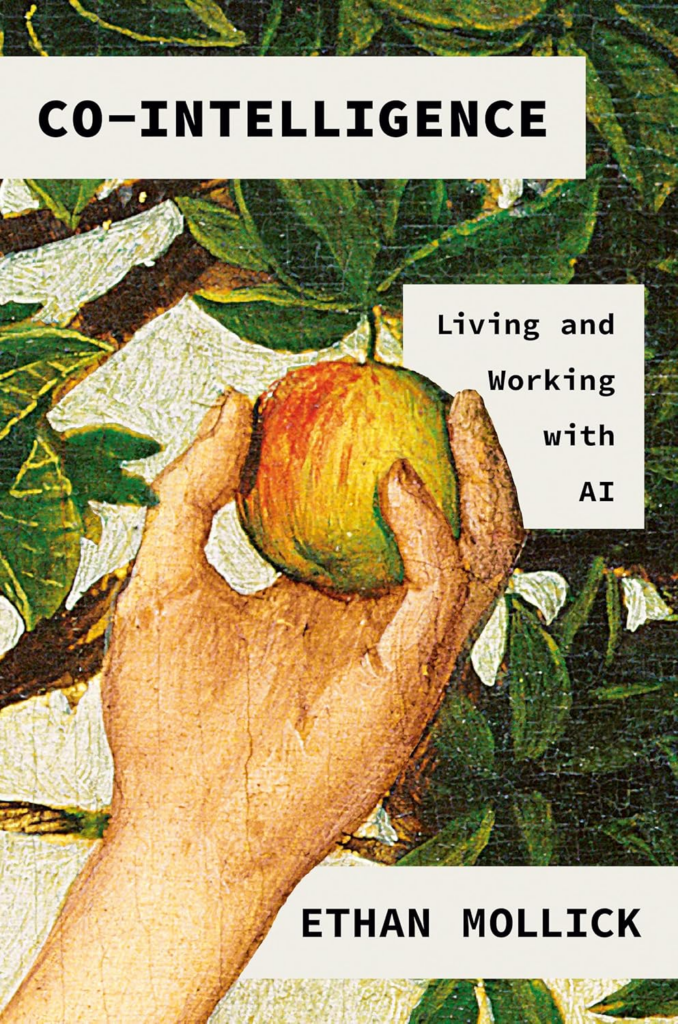
The Alignment Problem by Brian Christian
Brian Christian delves into one of the biggest challenges facing AI today: ensuring its goals align with human values. The Alignment Problem blends technical analysis with human stories to illuminate the ethical path forward. Through compelling storytelling, he sheds light on the technical, ethical, and philosophical dilemmas of creating AI systems that serve humanity responsibly.
Were you ever scared of AI going rogue (yes, the Terminator scenario)? For anyone worried —or just curious about the inner workings of how we’re trying to prevent that—this book offers a deep yet accessible dive into the world of ethical AI development.
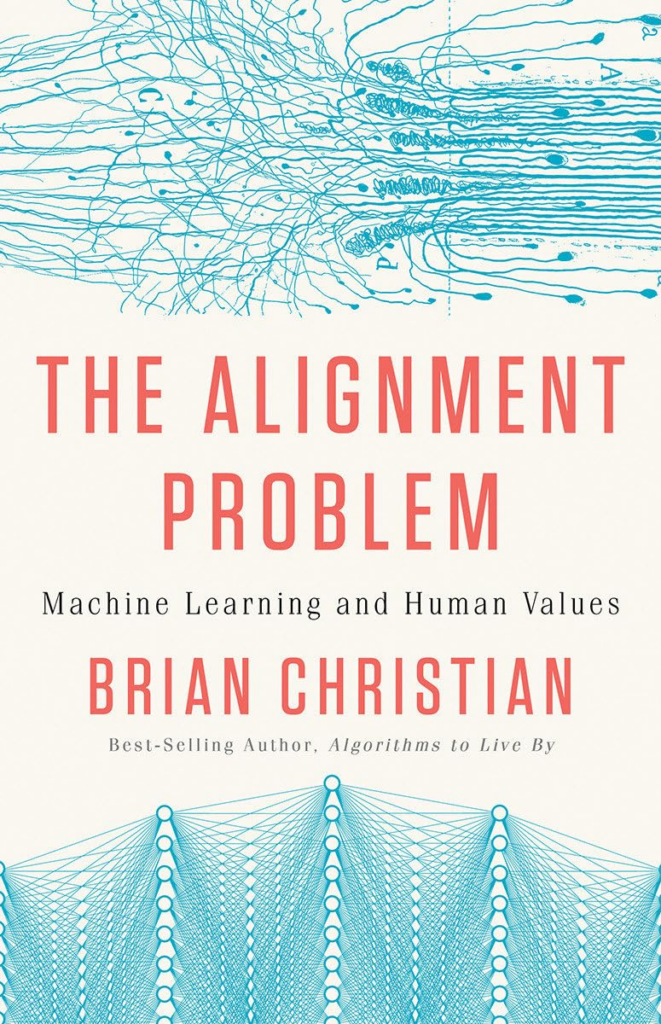
The Domain Game by David Kesmodel
An oldie, but goodie, The Domain Game takes readers into the intriguing world of domain names, charting how this niche industry grew into a multi-billion-dollar business in the early 2000s.
David Kesmodel uncovers the behind-the-scenes deals, strategies, and players that shaped the internet as we know it today, providing an insightful narrative into the evolution of the domain name industry.
As someone deeply involved in the domain space, I found this book both insightful and entertaining. It’s a must-read for understanding the history and significance of the digital real estate we all rely on - and to critically compare the past of the domain industry with its future.
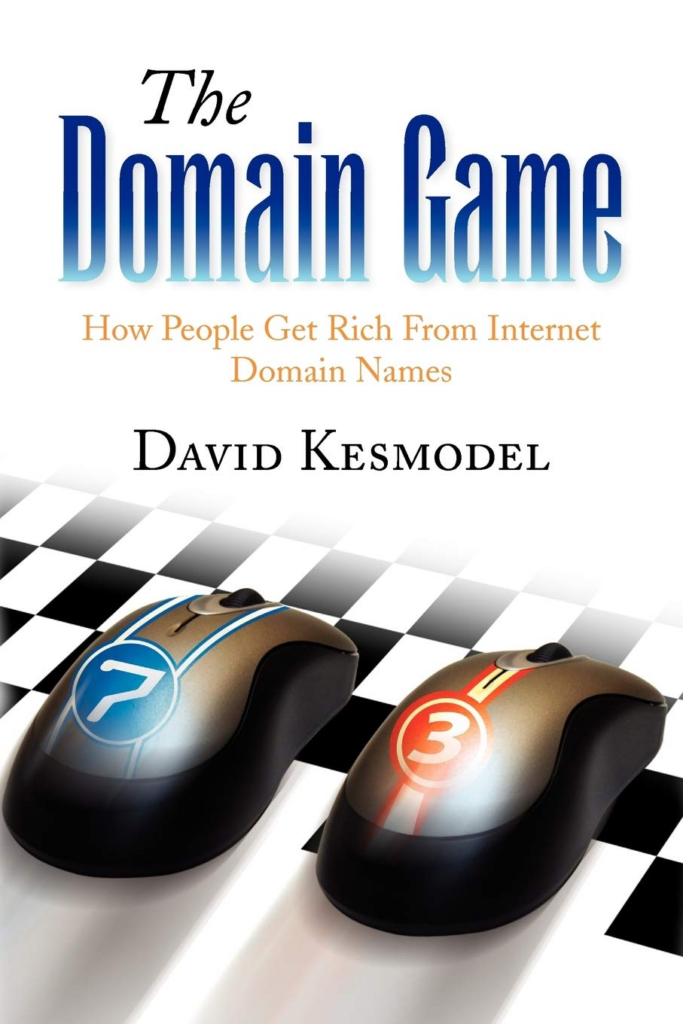
The Chess Revolution by Peter Doggers
Published in 2024, The Chess Revolution explores the surge in online chess, highlighting how grandmasters are finding fame and followers on platforms like YouTube and Twitch.
Peter Doggers captures the ongoing transformation of chess in the AI era, from groundbreaking advancements like AlphaZero to how players at every level are using technology to improve their game. The book highlights how chess is evolving into a perfect example of human-AI synergy.
After a historic chess challenge organised by it.com Domains, where participants worldwide competed online against rising star Hans Niemann at chess.it.com, I became even more excited about the synergy between chess and technology - and our collaborations with the pioneers in this new niche. Whether you’re a chess enthusiast like me or simply curious about how AI can push human skills to new heights, this book shows what’s possible when tradition meets innovation.
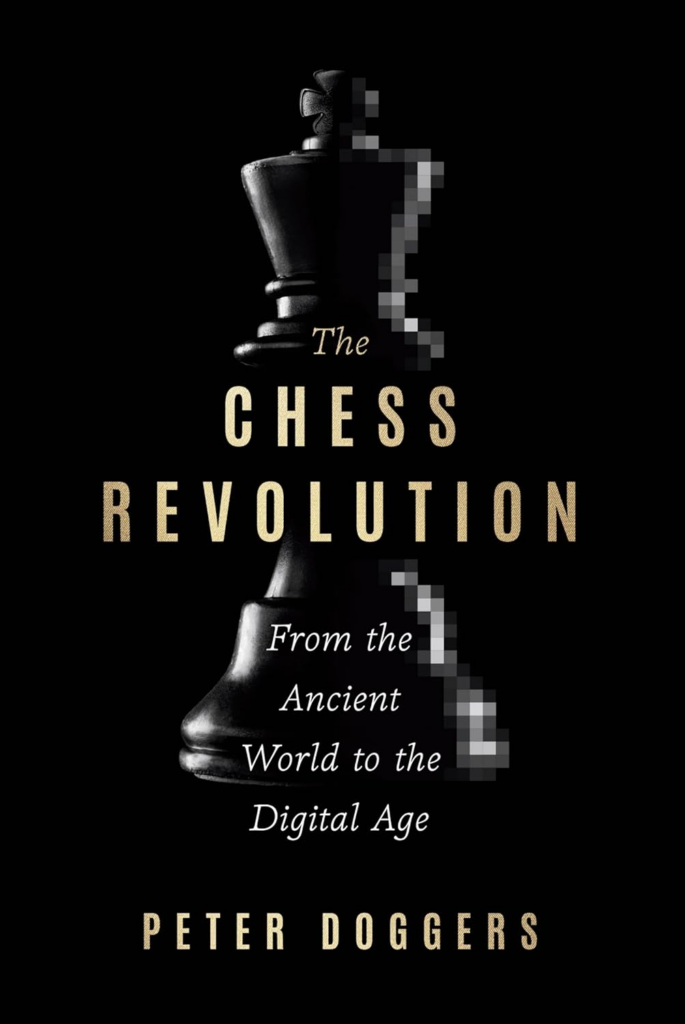
Growth by Daniel Susskind
Another new release, Growth offers a thought-provoking analysis of economic growth, examining its future trajectory and implications in a rapidly changing world. Daniel Susskind examines the global economy through the lens of technological progress, arguing that we’re entering an era of unprecedented growth driven by AI and automation. He also raises critical questions about inequality and the future of work in this rapidly changing landscape.
I found this book useful for enriching my big-picture perspective on how technology is shaping the economy and what it means for individuals and society. It’s both a reality check and an optimistic look at the future.
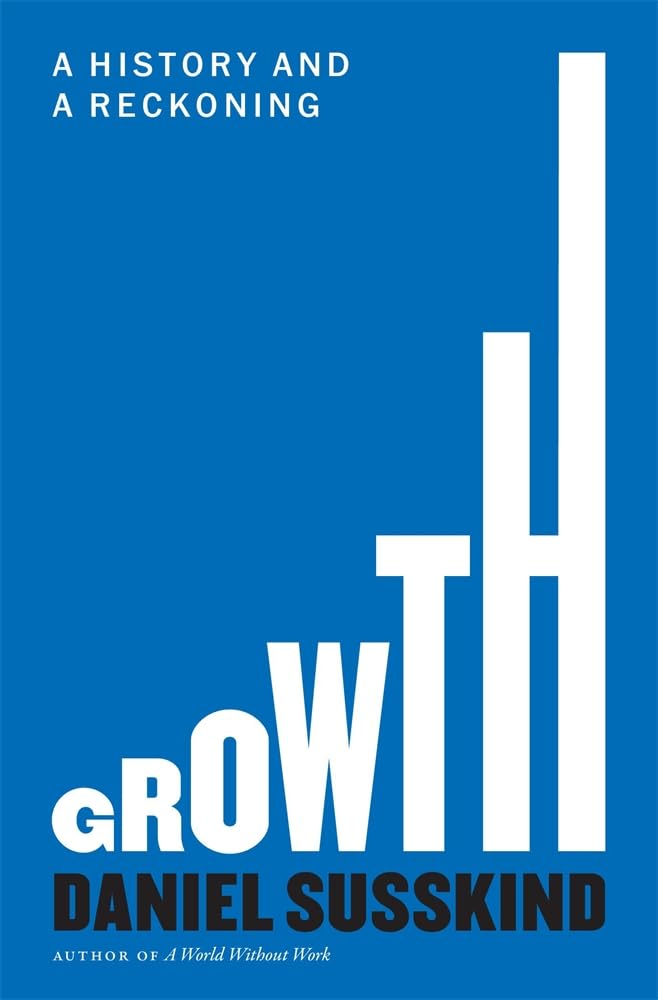
The Coming Wave by Mustafa Suleyman
Co-founder of DeepMind, Mustafa Suleyman, provides a compelling analysis of the dual forces driving the next wave of technological innovation: AI and synthetic biology. In The Coming Wave, he explores their immense potential and the ethical, societal, and existential challenges they bring.
Written by someone at the forefront of AI development, this book offers a unique and urgent perspective on the risks and rewards of living through a technological revolution. And, of course, I couldn’t have missed the book that Bill Gates himself calls his ‘favorite book on AI’.
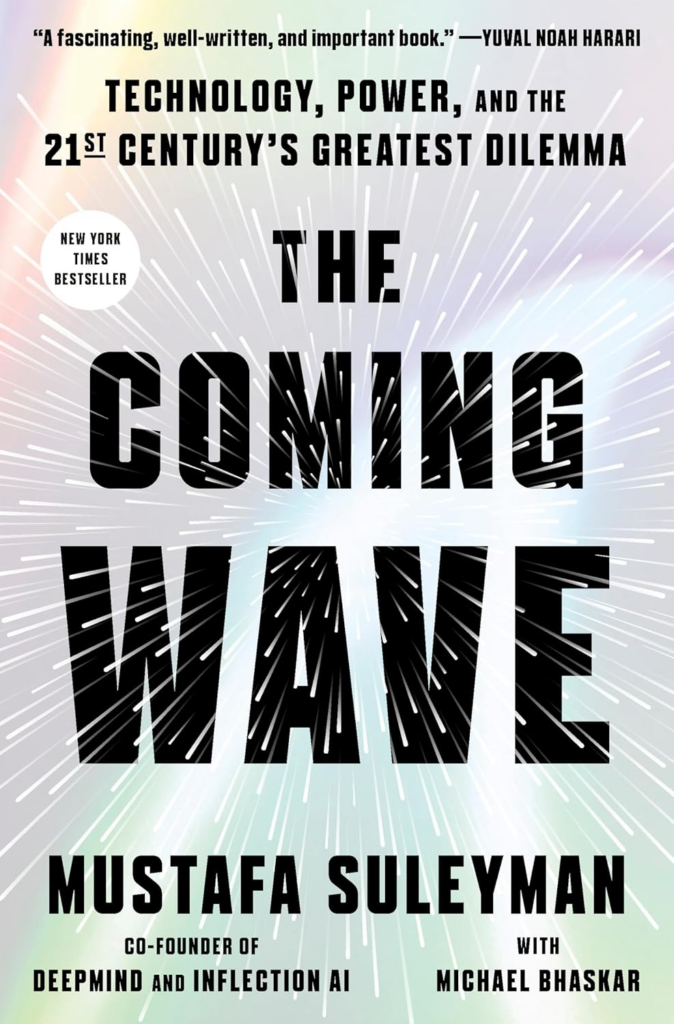
Hope you will find my 2024 holiday reading list inspiring and thought-provoking. And if you are looking for more engaging and useful reads, we will continue to share our expertise and insights to boost your business digital strategies here at it.com Domains blog.

Read also
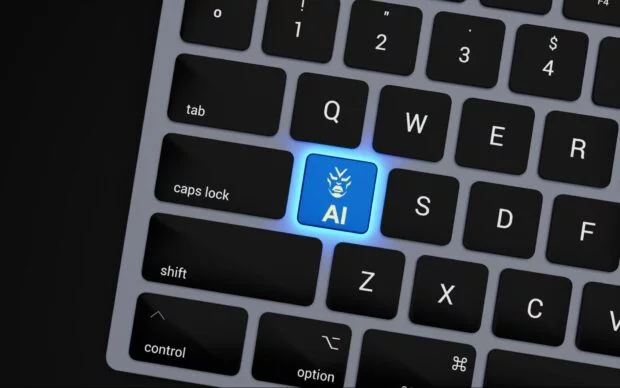
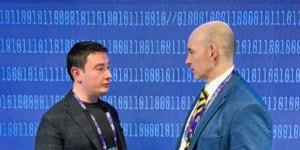
Expert Opinion
- 5 min read
